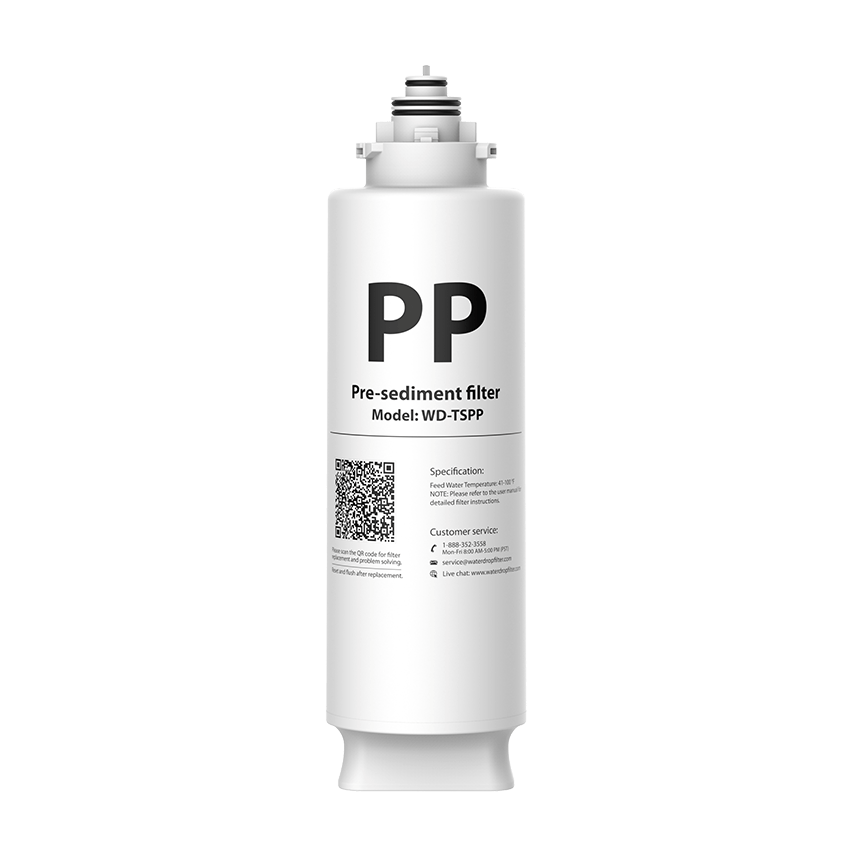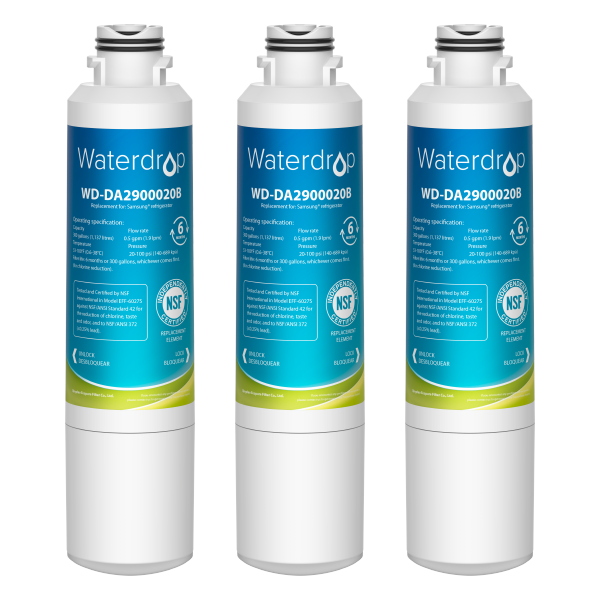Hard Water vs. Soft Water: What’s Best for Your Home?
by Dr. Jonathan Doyle - Updated February 07, 2025
Water is essential to everyday life, but did you know that the type of water running through your taps can make a big difference? Many Aussie households
deal withhard waterwithout evenrealizingit, while others enjoy the benefits ofsoft water. But what exactly is the difference between hard and soft water?
More importantly, how does it affect your home, appliances, and even your skin?
If you’ve ever noticed stubborn limescale buildup, dull hair after a shower, or soap that just won’t lather properly, hard water could be the culprit. In
this guide, we’ll break down the differences between hard and soft water, their effects on your home and health, and how you can decide which one is right
for you.
What Is Hard Water?
Hard water contains high levels of minerals, primarilycalcium and magnesium. These minerals are naturally picked up as water flows throughlimestone, chalk,
and mineral-rich rock formationsbefore reaching your taps. The more minerals the water contains, the“harder”it is.

Signs You Have Hard Water
Not sure if you have hard water? Here are some telltale signs:
- Limescale buildupon taps, kettles, and showerheads
- Soap scum on shower screens and tiles
- Clothes feel stiff after washing
- Appliances wear out faster(e.g., washing machines and dishwashers)
- Dry, itchy skin and dull hairafter showering
- Dishes have water spotseven after drying
Is Hard Water Common in Australia?
Yes, hard water is more common in some parts of Australia than others. Areas likeAdelaide, Perth, and regional Queenslandhave higher mineral content in
their water, while places like Melbourne and Sydney tend to have softer water.
What Is Soft Water?
Soft water, on the other hand, haslow levels of calcium and magnesium.In some areas, water is naturally soft because it comes from sources that don’t
contain many minerals. In other cases, water is softened using awater softener,which removes excess minerals.

Benefits of Soft Water
- No limescale buildup– meaning cleaner taps, kettles, and appliances
- Soap and shampoo lather more easily– leading to softer skin and shinier hair
- Longer lifespan for household appliances
- Brighter, softer clothesafter washing
- Cleaner, streak-free dishes
Hard Water vs. Soft Water: Key Differences

Is Hard Water Bad for You?
Hard water isn’t necessarilybad for your health. In fact, the minerals in hard water can contribute to yourdaily calcium and magnesium intake. However, many
people find that hard water causes skin irritation, especially if they have sensitive skin or conditions like
eczema .
Additionally, hard water can betough on your plumbing and appliances, leading toexpensive repairsin the long run.

How to Test Your Water Hardness?
If you’re unsure about your water hardness, here are a few easy ways to test it:
1. The Soap Test : Fill a bottle with water, add a few drops of dish soap, and shake. If it lathers easily,
your water is soft. If not, it’s likely hard.
2. Check Your Appliances : Limescale buildup in your kettle or white spots on your glassware? That’s a sign of
hard water.
3. Water Testing Kit : You can buy awater hardness test kitonline or from your local hardware store.
How to Soften Hard Water in Australia?
Hard water is a common issue in many parts of Australia, causing scale buildup on appliances, dry skin, and poor soap lathering. If you have hard water and
want to soften it, here are some solutions:
Install a Reverse Osmosis Water Filter
The best way to soften hard water at home is by using a reverse osmosis (RO) system. RO filters remove minerals like calcium and magnesium that make water
hard, providing clean, soft water for daily use.

These systems are highly effective, offering multi-stage filtration to ensure water purity and improve overall water quality. For a reliable and efficient
solution, consider the
Waterdrop C1S countertop filter
or X12 RO systems, designed to reduce hard water minerals and provide safe, high-quality drinking water. Installing an RO system is an investment in better
water for your health, appliances, and home.
Use a Water Conditioner
Water conditionersneutralizemineralsin hard water without completely removing them. While they don’t prevent limescale as effectively as softeners, they can
still reduce its effects.
Boil Your Water
Boiling water temporarily removes some hardness, especially if it’s due tocalcium bicarbonate.However, this method isn’t practical for large-scale use.

Use Vinegar for Cleaning
If you have hard water stains,white vinegaris a natural solution. Use it to clean taps, kettles, and glass shower doors to remove limescale buildup.
Should You Switch to Soft Water?
Whether you shouldswitch to soft waterdepends on your needs. If you live in an area with very hard water and notice skin irritation, damaged appliances, or
limescale buildup, investing in awater softenermight be worth it.
However, if your water hardness is mild and not causing major problems, you might not need to make a change.
Conclusion
Understanding the difference betweenhard water and soft watercan help you make better decisions for your home. While hard water isn’t necessarily harmful,
it can beannoyingto deal with – from stubborn limescale to dry skin. Soft water, on the other hand, offerscleaner appliances, better lathering soap, and
softer hair and skin.
If hard water is causing issues in your home, consider testing your water and looking intowater softening solutions.Your appliances (and your skin!) will
thank you.
Contaminants Detected in Fruitland Water Special Service District
30
Contaminants
EXCEED EWG HEALTH GUIDELINES
EXCEED EWG HEALTH GUIDELINES
30 Total Contaminants in Your Water
Water Provider
Fruitland Water Special Service DistrictPopulation Affected
120,000Water Source
Ground waterExceeds Guidelines
Others Detected









